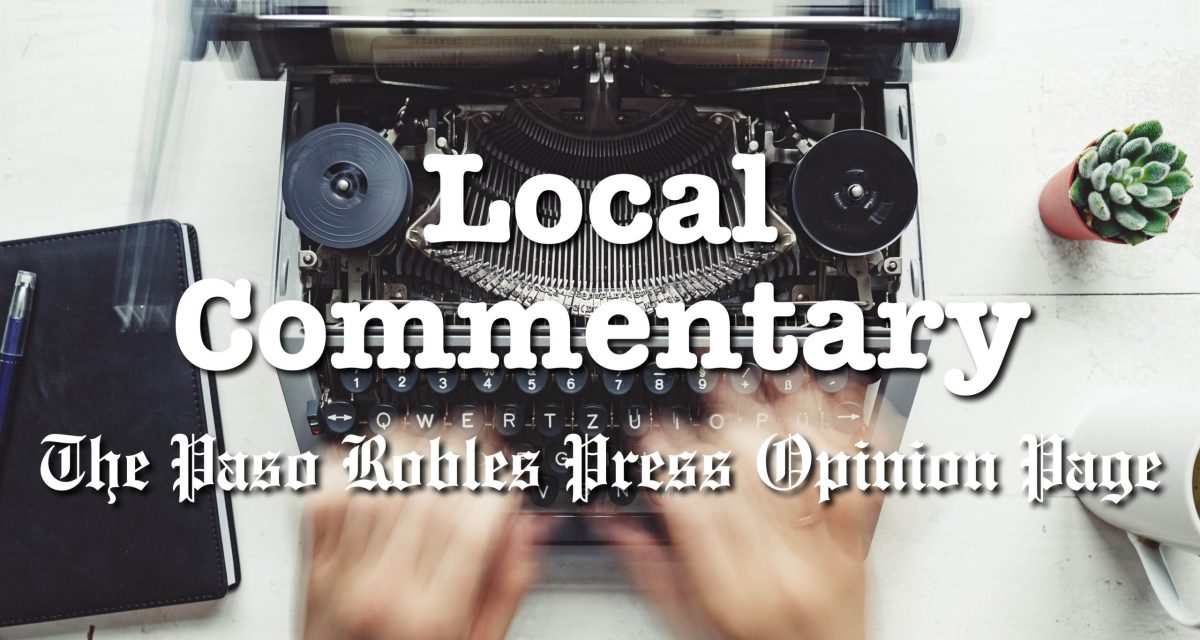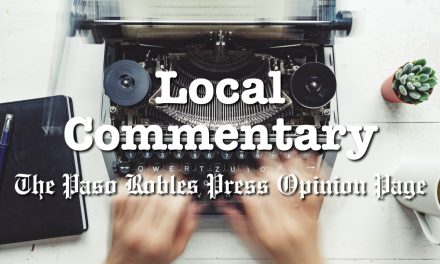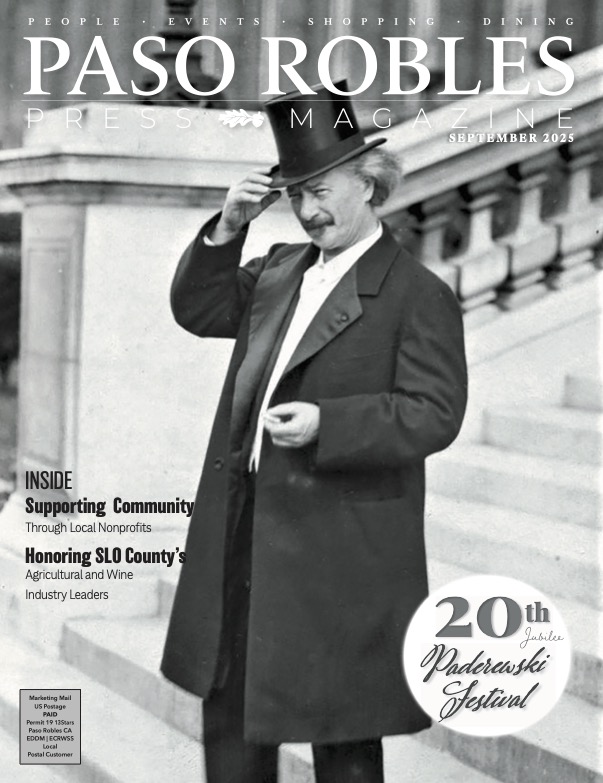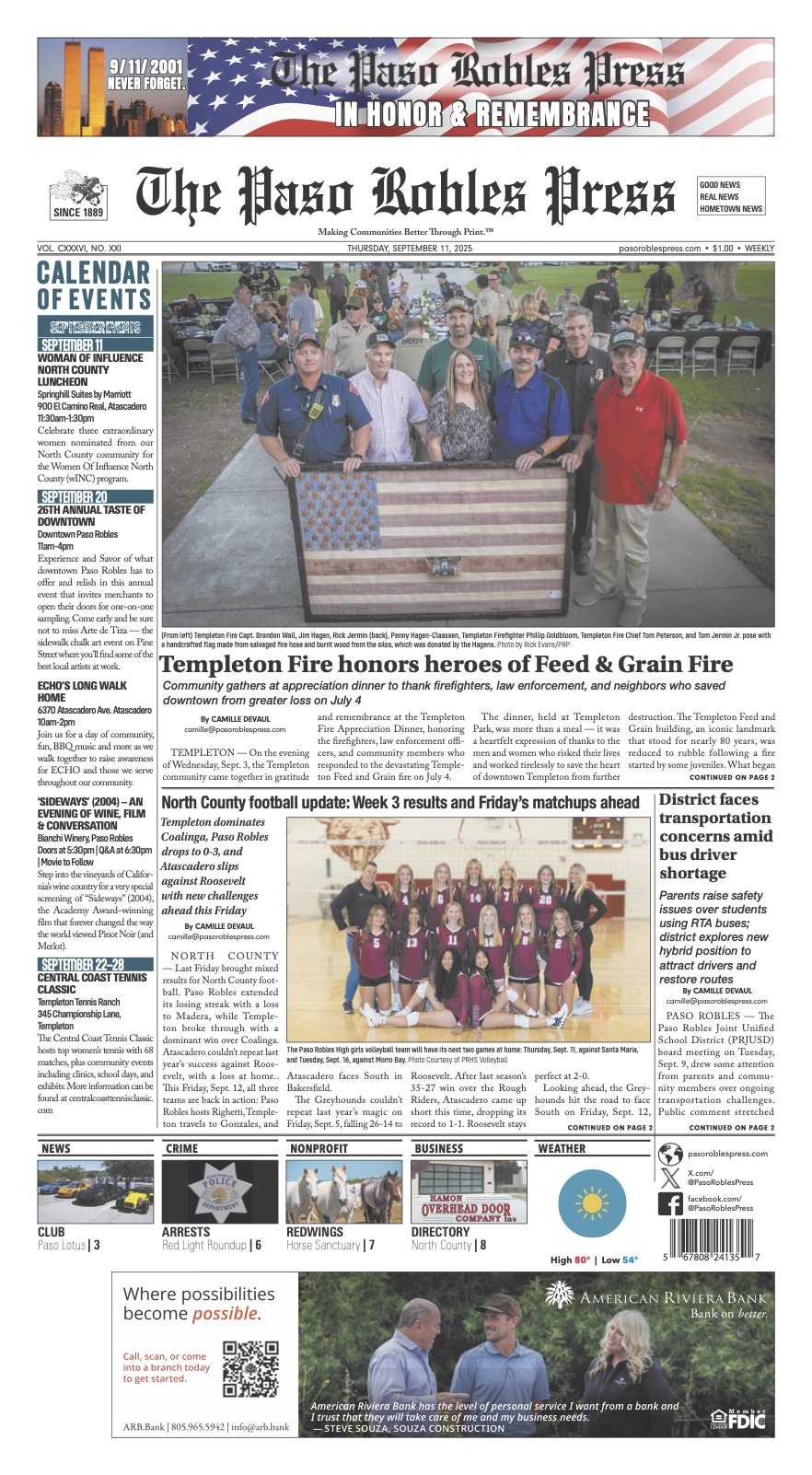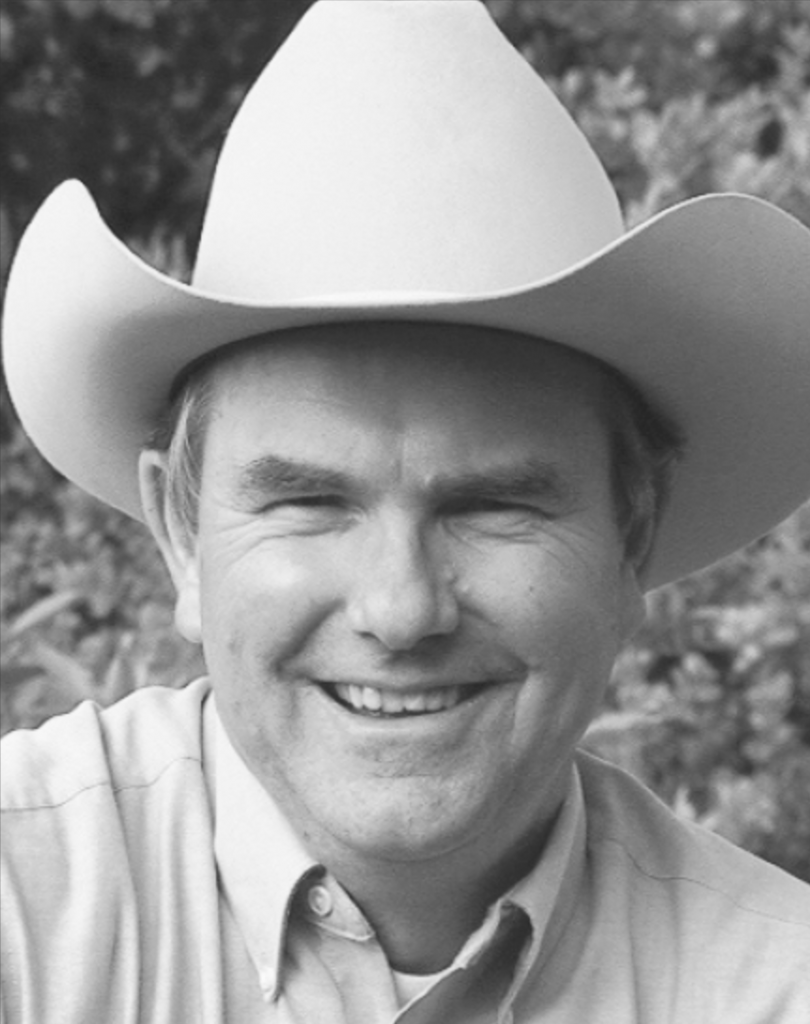
I was reading a “Legends and Lies” book about the old West, and it stated that the toughest town West of Chicago was Palisades, Nevada. I found it odd that as a student of the West, I’d never heard of the place. According to the book, the town had more than 1,000 showdowns, bank robberies, and Indian raids in three years in the mid-1870s. Then the book explained that all those incidents were fake, meant only to scare weak-kneed Easterners who came in on the stagecoach. Then the eastern dudes went home and told newspapers and anybody who’d listen about the dangerous West. It was akin to Chicago’s Chamber of Commerce promoting its murder rate in hopes of attracting tourists.
There were a lot of myths about the West created by people who’d never been here. Henry David Thoreau wrote about the wonders of the West, but he’d never been west of the Mississippi River. Little Miss Sure Shot, Annie Oakley, performed before Kings and Queens in Europe, portraying herself as a woman of the West, but she’d never been here either.
The myth-making continued unabated. When I was a little tyke with my Roy Rogers six-gun and chuckwagon lunchbox, half of all motion pictures were westerns, and there were 37 westerns on television. Gunsmoke was a television series that ran for an unheard-of 20 seasons from 1955 to 1975. Cecil Smith of the LA Times said, “Gunsmoke was the dramatization of the American epic legend of the West. Our own Iliad and Odyssey, created from standard elements of the dime novel and the pulp western as romanticized by Ned Buntline, Bret Harte, and Mark Twain.”
All those movies, TV shows, and dime novels were mostly about a wild West that wasn’t.
For 150 years, Easterners have looked down their snooty noses at the West even though it was our gold and silver that paid their debts accumulated during the Civil War. They thought of us as new kids on the block when in fact, the West had been explored by white men half a century before the first colonists set foot on Virginia’s beaches. The West was portrayed as nothing more than a sad collection of miners, cowboys, saloonkeepers, gamblers, prostitutes, con men, mule skinners, and bull whackers. Easterners thought of Westerners as the dregs of society who in the East probably would have been in jail. Sadly, that’s how they still see us.
Mark Twain came here for a short period before being run out of the West and wrote that “The West was fabulously rich in thieves, murderers, desperados, lawyers, Christians, Indians, Chinamen, Spaniards, gamblers, sharpers, coyotes, poets, preachers and jackass rabbits.”
Owen Wister, who wrote the classic book The Virginian, said the West was full of “horses better bred than the women who ride them and dogs with pedigrees better than their masters.”
It was said the West was a dangerous place where no one died naturally. Elmer Kelton wrote, “It was man’s country, good for men and mules but Hell on women.” The West was portrayed as a place “30 miles to water, 20 miles to wood and 10 miles to Hell.”
And the characterization stuck.
Today America really is two countries. There’s the West, where 93 percent of all federally owned land lies in 12 western states and the feds in Washington DC control more than 50 percent of most states west of the Rockies. Whereas in northeastern states, it’s less than 1 percent. How would easterners like it if the boot was on the other foot? The Forest Service and the Bureau of Land Management employ 40,000 people to manage 446 million acres in the West, and the words written in the Declaration of Independence regarding King George III could easily apply to Westerners today: “He has erected a multitude of New Offices and sent hither swarms of officers to harass our people and eat out their substance.”
Maybe it’s time we take a page out of the history books and do what they did in Palisades, Nevada, and greet every plane full of easterners with a welcoming committee of murderers, desperados, lawyers, con men, mountain lions, gunslingers, and wild Indians, so they’ll get scared and stay in Washington DC and leave us the Hell alone.

